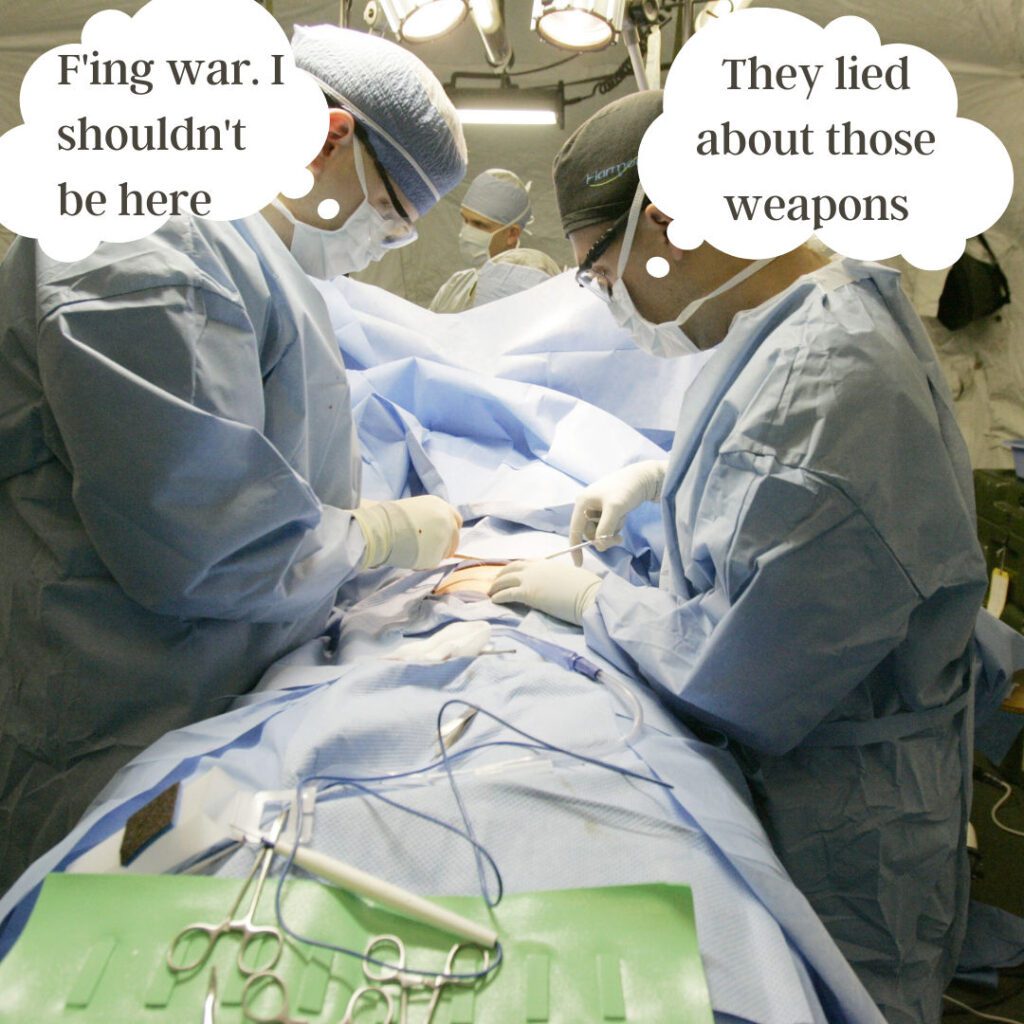The Axis Around Which Your World Revolves: You
8 August 2022
Angry Harry Avoids Trouble
18 August 2022
If you need to bite someone, it’s useful to be angry.
But for figuring out how to pay your energy bills, and stay moderately sane in an insane world, it’s worse than useless.
I won’t include a list of all the things that are causing anger right now. You already know.
Even so, aren’t you mighty pissed off at the profiteering of energy companies, and even more pissed off that there seems to be nothing anyone can or will do about it? Me too.
What can we do?
What you call anger won’t be exactly the same as what I call anger. There is no defined state called ‘anger’ (see neuroscientist Lisa Feldman Barrett), but for most of us, it means blood pressure goes up, jaw gets stronger and juts attractively forward, face reddens and heart rate rises. The body heats up and vision narrows.
Intelligence, creativity, humour, connection and flexibility all go down.
If expressing anger got rid of anger, prisons would be more peaceful than Buddhist monasteries, and you’d be inviting road rage practitioners around for tea.
Think reality TV. Contestants get angrier and nastier as the series unfolds. The producers encourage it by …. giving them a platform to express anger. They never get to the end of their anger, because every outburst, every goading, every self-righteous defence to the camera feeds it.
In the Rapid Resolution Therapy (The Institute for Rapid Resolution Therapy, Inc.) view, all anger is dysfunctional. This has nothing to do with morality, it’s simple logic. Anger means you have less power, not more.
Anger is driven by how mind is processing information coming from inside and outside your body. It also stems from applying meaning to ideas and events. And it arises when your mind believes whatever happened is still happening, and/or can unhappen. All of this is taking place below conscious awareness.
SURGEON ON THE BATTLEFIELD
How angry would you like a surgeon on a battlefield to be? No matter what her political persuasion, no matter what she thinks of the war, we want her clear, focused on the job and attending to her patient.
But what about people who do heinous things? We have to be angry with them – otherwise nothing will change, and they’ll get away with it.
HOSTAGE NEGOTIATOR
Let’s talk about a hostage negotiator. The hostage taker, whose name is Cedric, threatens to do unspeakable acts to his hostages. He shouts and screams at the negotiator, describing all the things he’s going to do, in lurid detail, and he relishes in goading him with every offensive idea and insult he can think of.
Do we want the hostage negotiator to be angry? Do we want him to react? No. Because if he, does, the chances of the hostages getting out alive decreases. It’s about being effective, rather than being right.
These two stories are from the RRT facilitator’s manual. They are used to demonstrate that anger isn’t useful, nothing rewarding comes from it.
Telling someone not to be angry won’t work, so you need another way to communicate this idea.



